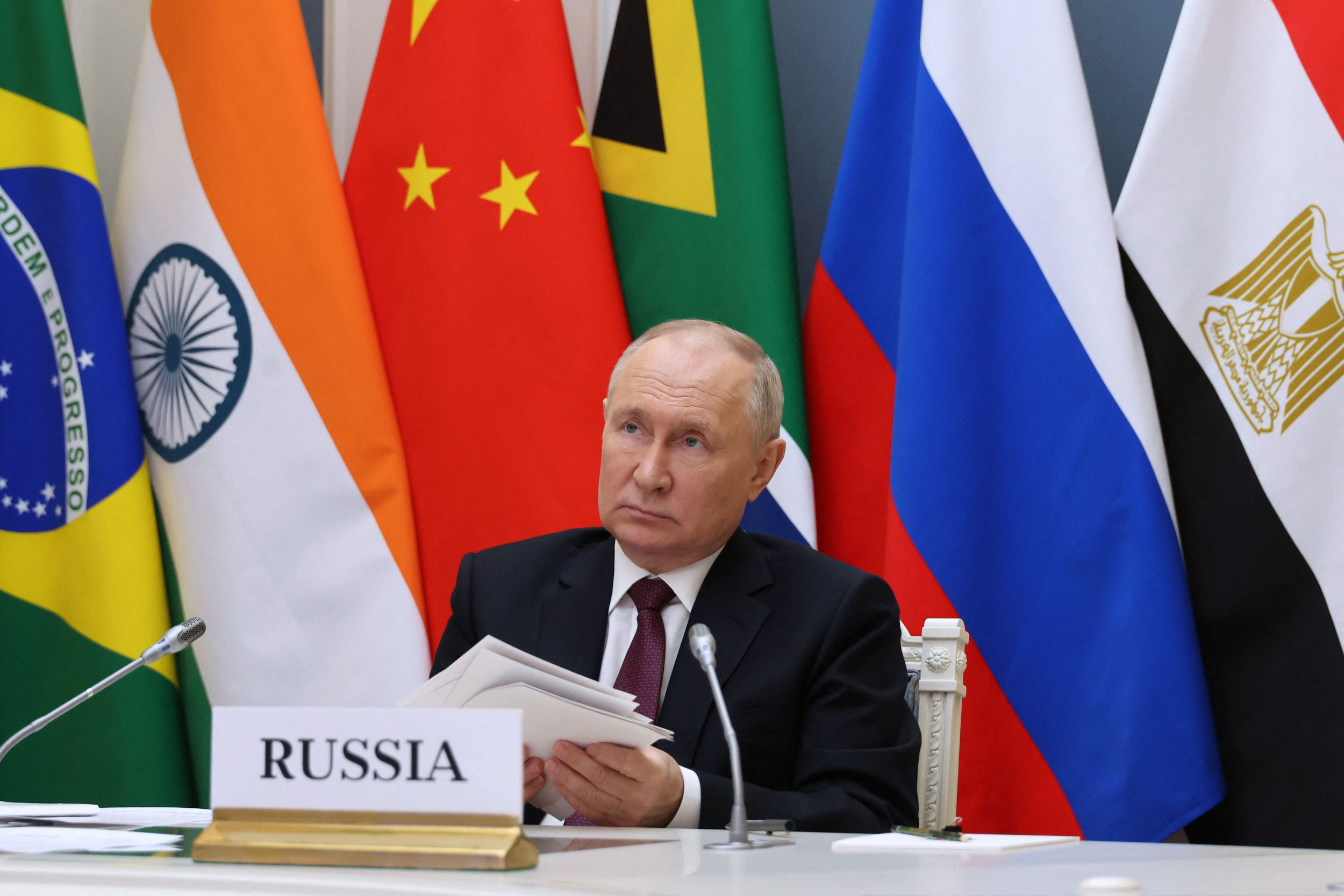ArtII.S2.C1.1.10 Use of Troops Overseas and Congressional Authorization
Article II, Section 2, Clause 1:
The President shall be Commander in Chief of the Army and Navy of the United States, and of the Militia of the several States, when called into the actual Service of the United States; he may require the Opinion, in writing, of the principal Officer in each of the executive Departments, upon any Subject relating to the Duties of their respective Offices, and he shall have Power to grant Reprieves and Pardons for Offences against the United States, except in Cases of Impeachment.
Cornell University insigniaCornell Law SchoolSearch Cornell
Toggle navigation
LII U.S. Constitution Annotated Article II. Executive Branch Section II Clause I Commander in Chief Use of Troops Overseas and Congressional Authorization
prev | next
ArtII.S2.C1.1.10 Use of Troops Overseas and Congressional Authorization
Article II, Section 2, Clause 1:
The President shall be Commander in Chief of the Army and Navy of the United States, and of the Militia of the several States, when called into the actual Service of the United States; he may require the Opinion, in writing, of the principal Officer in each of the executive Departments, upon any Subject relating to the Duties of their respective Offices, and he shall have Power to grant Reprieves and Pardons for Offences against the United States, except in Cases of Impeachment.
In 1912, the Department of State published a memorandum prepared by its Solicitor which set out to justify the Right to Protect Citizens in Foreign Countries by Landing Forces.1 In addition to the justification, the memorandum summarized forty-seven instances in which force had been used, in most of them without any congressional authorization.2 Twice revised and reissued, the memorandum was joined by a 1928 independent study and a 1945 work by a former government official in supporting conclusions that drifted away from the original justification of the use of United States forces abroad to the use of such forces at the discretion of the President and free from control by Congress.3
President Truman did not seek congressional authorization before sending troops to Korea, and subsequent Presidents similarly acted on their own in putting troops into many foreign countries, including the Dominican Republic, Lebanon, and most notably Indochina.10 Eventually, public opposition precipitated another constitutional debate whether the President had the authority to commit troops to foreign combat without the approval of Congress, culminating in the enactment of the War Powers Resolution.11 The Resolution did little to inhibit Presidents from sending troops abroad without prior congressional authorization, and the Supreme Court has not squarely addressed the issue.12

www.law.cornell.edu

 www.thegatewaypundit.com
www.thegatewaypundit.com







